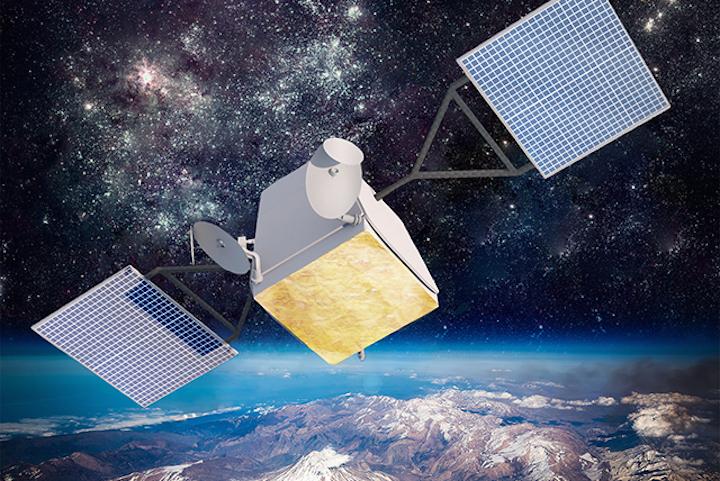
The money will be used to further develop the technology needed for OneWeb’s project, which is ultimately to provide broadband Internet speeds to the globe, without the need for cables and towers, and regardless of whether the receiving device is in a house, on a boat, or in a plane.
Earlier this month, OneWeb signed Airbus Defence and Space up to build its first order of 900 micro-satellites, It has now confirmed what it calls “the largest commercial rocket acquisition ever,” of more than 65 rockets, with a large selection from Arianespace and Virgin Galactic’s LauncherOne. The intention is to have the system come online in 2019, after putting the first satellites in orbit in 2017.
How far will the $500 million go towards this? In total, OneWeb estimates the project will cost between $1.5 billion and $2 billion, and according to Reuters, a single LauncherOne flight costs $10 million. Only 648 of the satellites will be sent into space, with the rest staying on Earth as replacements, should any go wrong.
OneWeb isn’t the only company exploring unusual ways of bringing the joy of the Internet to more people. Google continues to work on Project Loon, which uses balloons to spread Internet goodness, and Elon Musk has also said he wants to use satellites to provide Web access to more areas. Musk dismissed the idea of a partnership with OneWeb in January, saying the pair have a “fundamental disagreement about architecture,” and he preferred the idea of at least two competing networks.



